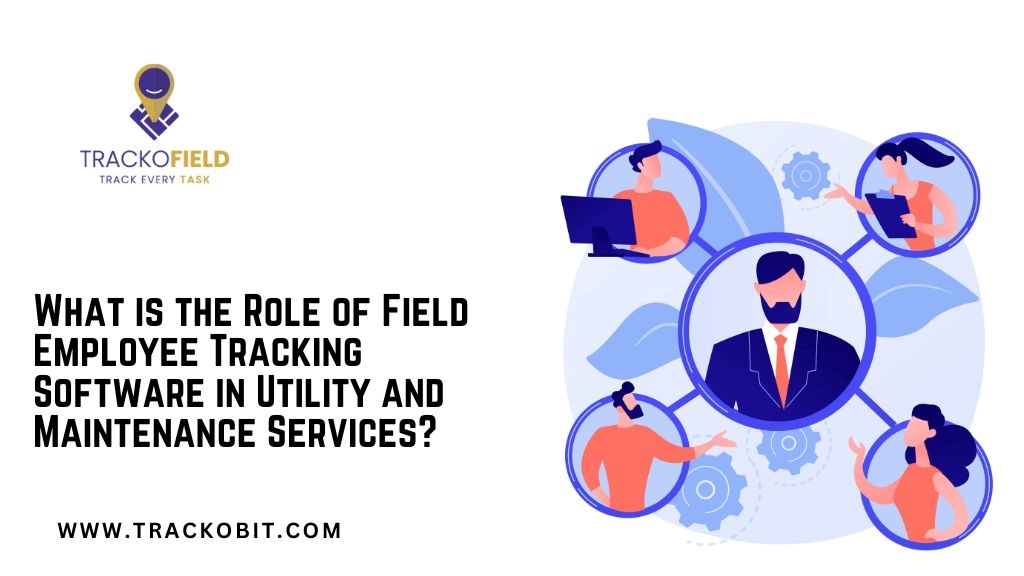
Address verification services play a crucial role in ensuring the accuracy of address data for businesses, governments, and individuals. This article provides an in-depth overview of address verification services, their features, benefits and use cases.
What is an Address Verification Service?
An address verification service (AVS) is a tool or system designed to verify the validity and accuracy of postal addresses. It ensures that addresses entered into databases match real-world locations. These services utilize advanced algorithms and integrate with authoritative databases, such as postal services, to cross-check the accuracy of submitted addresses.
AVS is essential in preventing errors in mailing lists, improving delivery success rates, and optimizing logistics. Address verification can be performed in real-time during data entry or as a batch process for large datasets.
Why is Address Verification Important?
Address verification services are critical for businesses that rely on accurate customer data. Invalid or incomplete addresses can lead to:
- Failed Deliveries: Packages sent to incorrect addresses result in delays, financial losses, and customer dissatisfaction.
- Increased Costs: Rectifying incorrect addresses after failed deliveries adds unnecessary expenses.
- Wasted Resources: Invalid addresses waste time, materials, and effort in direct mail campaigns.
- Reduced Customer Trust: Customers expect timely and accurate deliveries; failed deliveries can harm a brand's reputation.
How Address Verification Services Work
An address verification service typically follows these steps:
- Input Data Collection: The user inputs an address through a form, API, or system.
- Data Parsing: The service breaks down the address into its components—street name, city, state, ZIP code, etc.
- Validation: The parsed data is cross-checked against official databases, such as USPS, Canada Post, or international postal directories.
- Standardization: The system formats the address according to local postal standards.
- Output: The verified and standardized address is provided as output.
Many services also identify duplicate addresses and flag potential fraud cases.
Key Features of Address Verification Services
Modern address verification solutions offer various features that enhance their functionality:
- Global Coverage: Support for multiple countries and regions.
- Real-Time Verification: Immediate validation during data entry to ensure accuracy.
- Autocomplete and Suggestions: Auto-fill functionality to reduce errors and enhance user experience.
- Batch Processing: Verification of large address datasets in one operation.
- Integration with APIs: Seamless integration with CRM, ERP, and eCommerce platforms.
Benefits of Address Verification Services
Implementing an address verification service provides numerous advantages:
- Improved Data Accuracy: Ensures customer databases are free from errors.
- Enhanced Customer Satisfaction: Timely and accurate deliveries improve customer trust.
- Cost Efficiency: Reduces costs associated with re-deliveries and failed shipments.
- Fraud Prevention: Detects and prevents fraudulent transactions by identifying fake or mismatched addresses.
- Streamlined Operations: Simplifies logistics and supply chain management with accurate location data.
Use Cases for Address Verification Services
eCommerce Platforms: Online retailers rely on address verification to ensure orders are shipped to the correct location, reducing cart abandonment rates caused by errors in checkout forms.
Logistics and Shipping Companies: Accurate addresses optimize route planning and reduce delivery times, saving fuel and resources.
Healthcare Providers: Ensure patient records are associated with verified addresses for timely correspondence and compliance with regulations.
Real Estate Firms: Validate property addresses during transactions to maintain legal compliance and accurate documentation.
Government Agencies: Maintain accurate citizen records for tax purposes, voter registration, and census activities.
Choosing the Right Address Verification Service
When selecting an address verification service, consider the following factors:
- Data Coverage: Ensure the service covers the geographic regions your business operates in.
- Integration Capabilities: Look for APIs that integrate easily with your existing systems.
- Real-Time Features: Opt for a service with real-time address checker and auto-complete capabilities.
- Scalability: Choose a solution that can handle your data volume, whether for small operations or enterprise-level needs.
- Compliance Standards: Ensure the service adheres to local and international data protection regulations.
Address Verification in Global Business
As businesses expand globally, the need for address verification grows. Different countries have unique postal formats, and verifying international addresses can be challenging. Advanced AVS solutions handle these complexities by:
- Supporting multiple languages and scripts.
- Formatting addresses according to local conventions.
- Ensuring compliance with country-specific postal requirements.
Global businesses benefit from reduced risks and enhanced operational efficiency.
The Role of Artificial Intelligence in Address Verification
Modern address verification services increasingly leverage artificial intelligence (AI) and machine learning (ML) to improve accuracy and efficiency. AI enables:
- Intelligent Parsing: Identifies and corrects errors in address inputs.
- Pattern Recognition: Detects fraudulent addresses by analyzing behavioral patterns.
- Continuous Learning: Adapts to new address formats and changes in postal systems.
AI-driven verification ensures that even poorly formatted addresses are accurately validated.
Challenges in Address Verification
Despite its benefits, address verification faces challenges:
- Incomplete Input Data: Users often submit partial or incorrect addresses.
- Dynamic Address Changes: Frequent updates to postal systems or localities can lead to outdated databases.
- Cost of Implementation: Advanced solutions may require significant investment.
- Cross-Border Verification: International address formats and variations complicate verification.
Future of Address Verification Services
The future of address verification is shaped by advancements in technology:
- Blockchain Integration: Enhances security and transparency in address validation.
- Geolocation Services: Combines GPS data with address verification for precise location tracking.
- Voice-Activated Systems: Allows users to input and verify addresses through voice commands.
- Expanded Global Coverage: Services are extending support to remote and rural areas.
Conclusion
Address verification services are indispensable tools for businesses aiming to maintain accurate customer data, reduce operational costs, and improve service quality. By leveraging advanced technologies, these services provide real-time validation, fraud detection, and global address coverage.
Implementing an address verification service not only enhances operational efficiency but also builds trust and reliability with customers. Investing in a robust AVS solution is a step toward streamlined business processes and improved customer satisfaction.



